
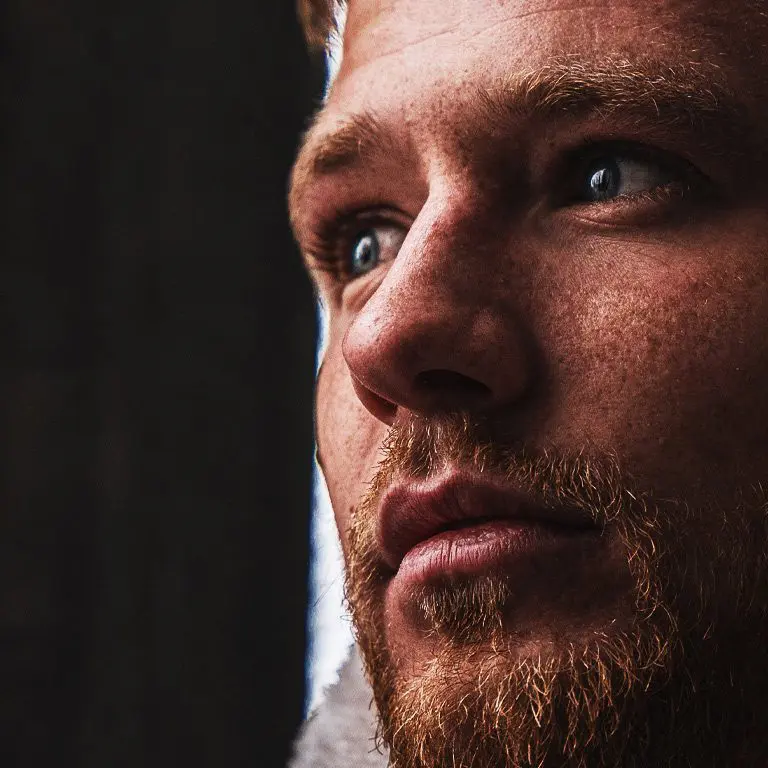



Secondary glaucoma is the name used to describe glaucoma that occurs as a side effect or “secondary” to another underlying medical condition or trauma. Even though the cause of primary and secondary glaucoma may be different, they are a complicated group of eye diseases that similarly lead to changes in intraocular pressure and damage to the optic nerve. The optic nerve transfers visual information from the eye to the brain and if damaged can result in sight loss and even blindness if untreated.
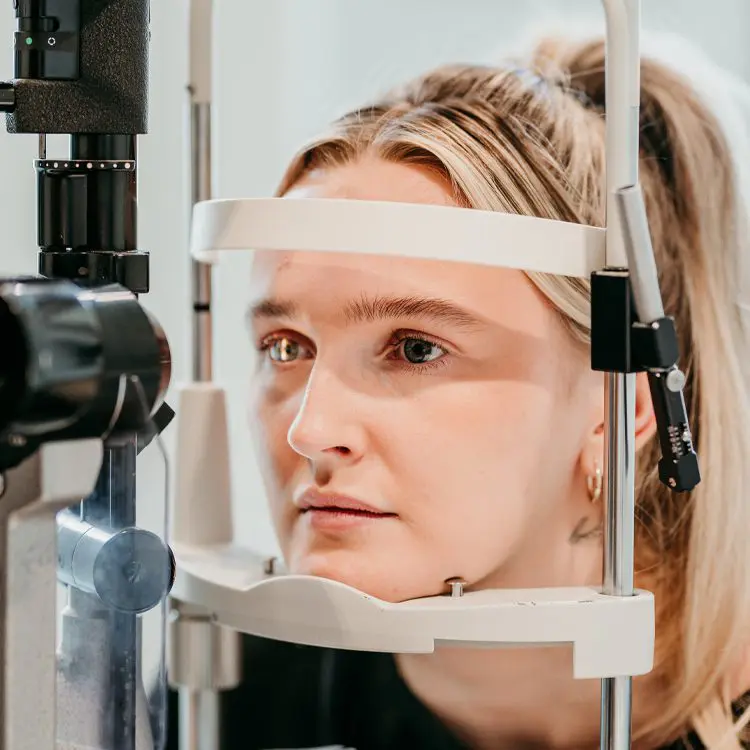
What are the Symptoms?
What are the Causes?
Some patients have a greater risk of developing secondary glaucoma including: Iatrogenic (i.e. post-surgery), lens-related issues (i.e. cataract), medicine related (i.e. after taking steroids), neovascular (i.e. with diabetic retinopathy), pigment dispersion syndrome, pseudoexfoliation, trauma and uveitis.
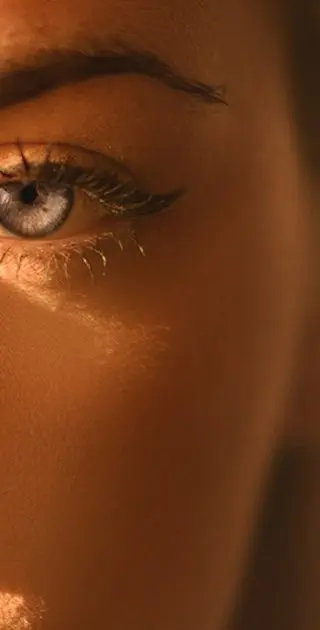
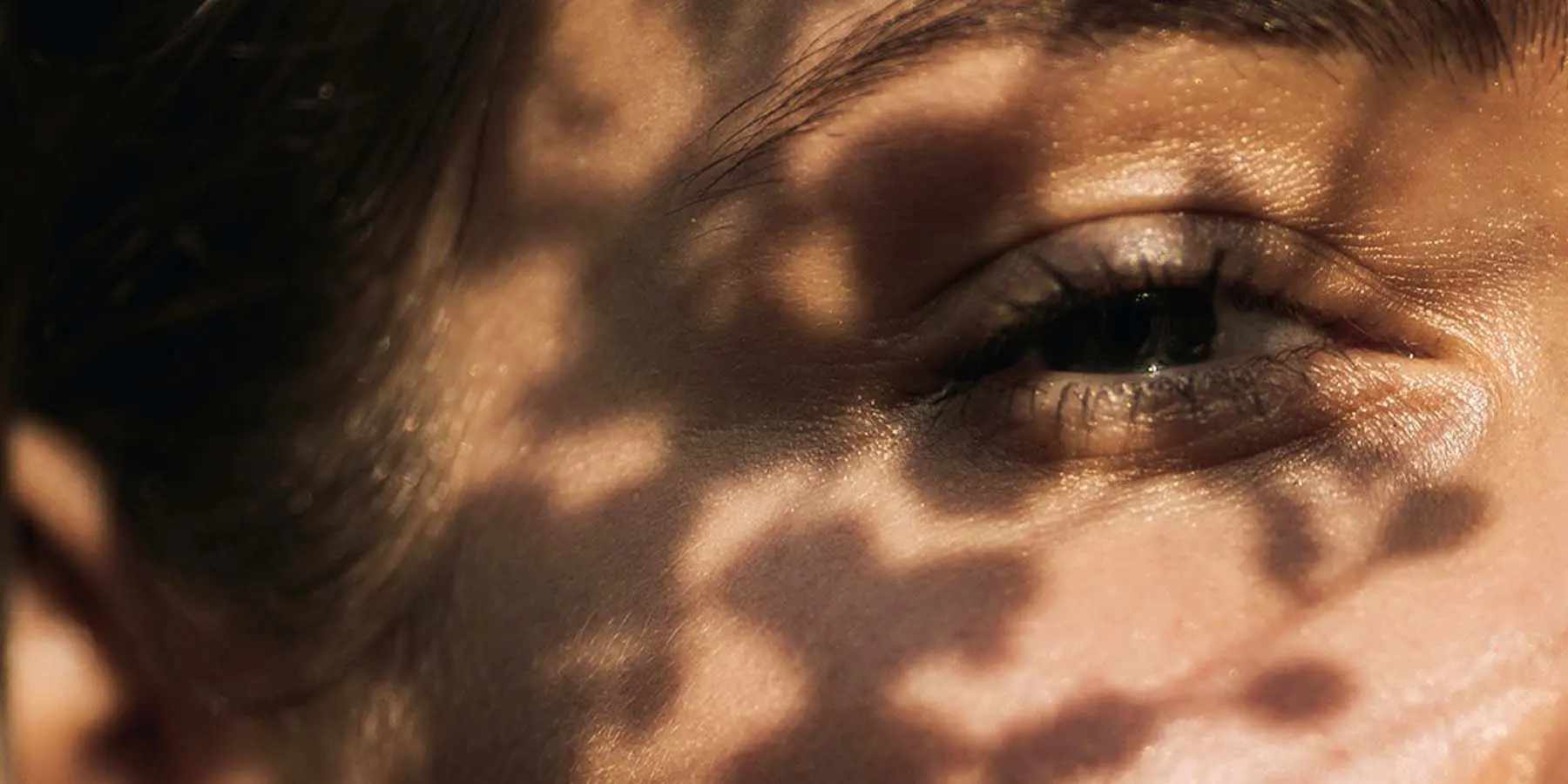
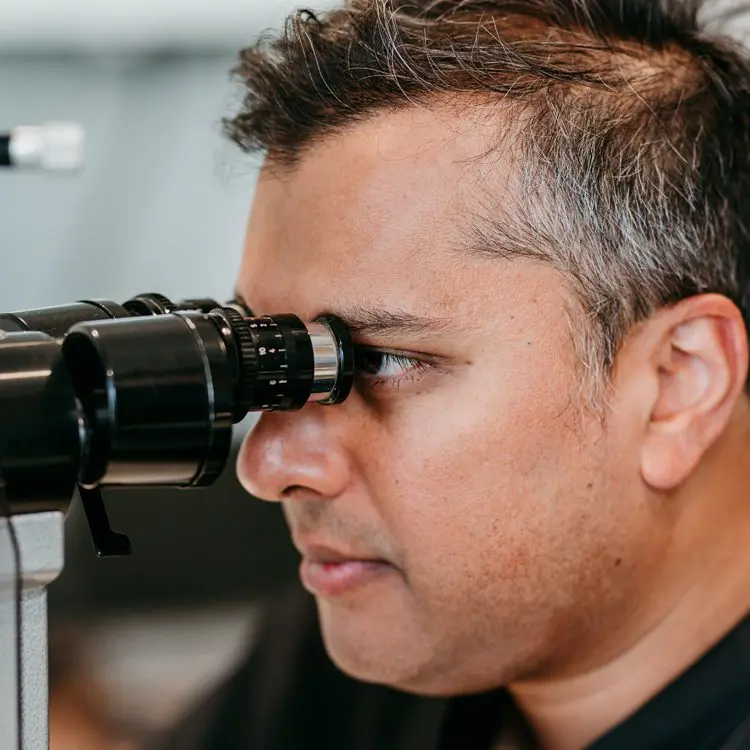
What is the Diagnosis?
Glaucoma is diagnosed by measuring the intraocular pressure using a Goldman applanation tonometer in conjunction with measurement of the central corneal thickness. Patients need full gonioscopic examination of the angle and assessment of the anterior chamber parameters using an anterior segment OCT. Glaucoma is the presence of an elevated intraocular pressure in conjunction with damage to the optic nerve and visual field loss. The visual field is assessed using a Humphrey Visual Field Analyser and the optic nerve via OCT and RNFL assessments.
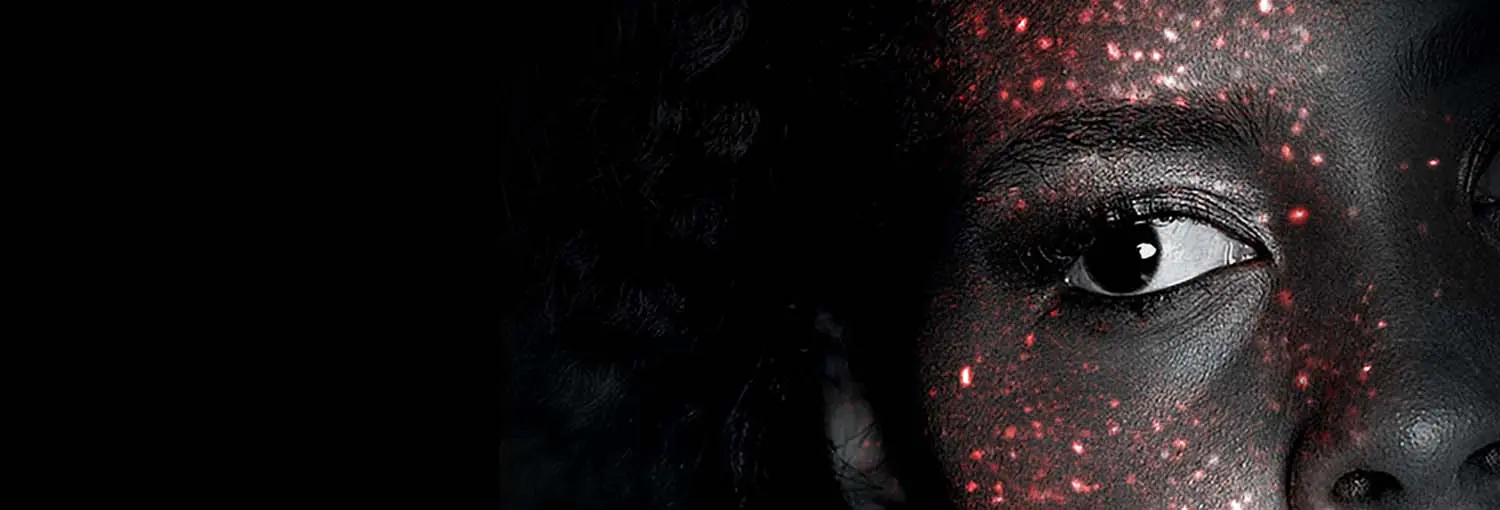
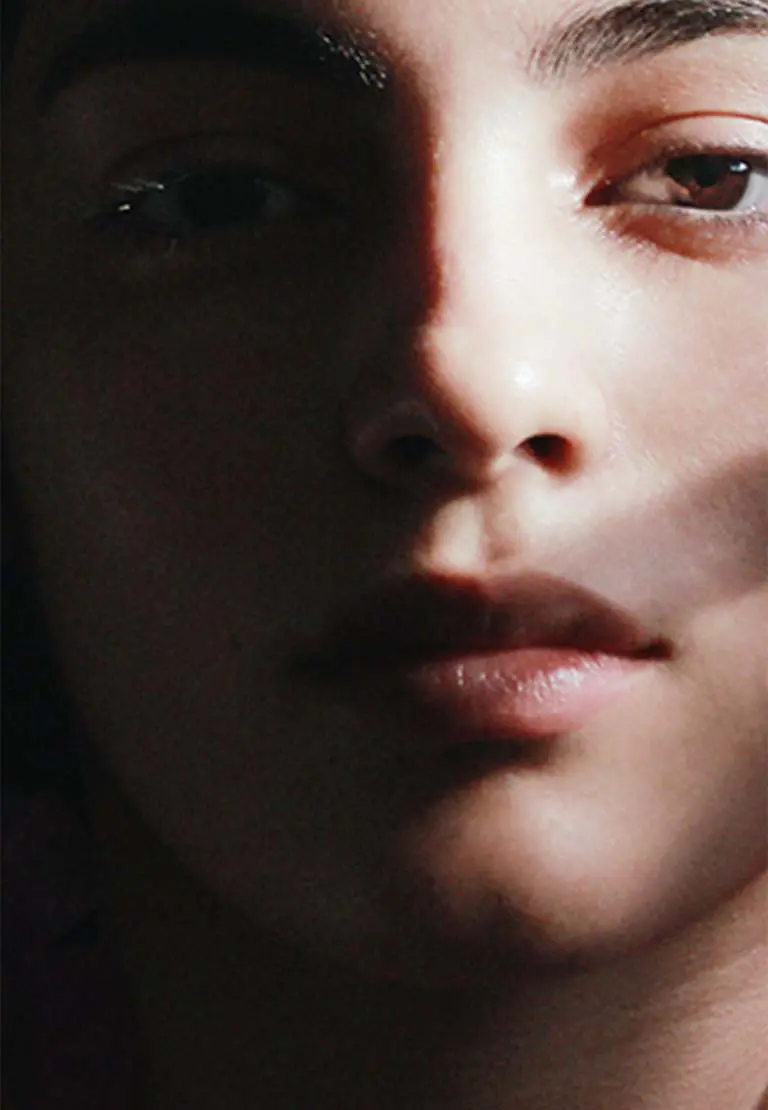
Treatment Options
Choosing the right vision correction clinic for your surgery is paramount. This is a life changing procedure after all, and you need to have complete trust in your surgeon and care team of professionals.
Our Technology
We invest in the latest equipment hand chosen by our surgeons, so that we can deliver outstanding results with the safest surgery possible.